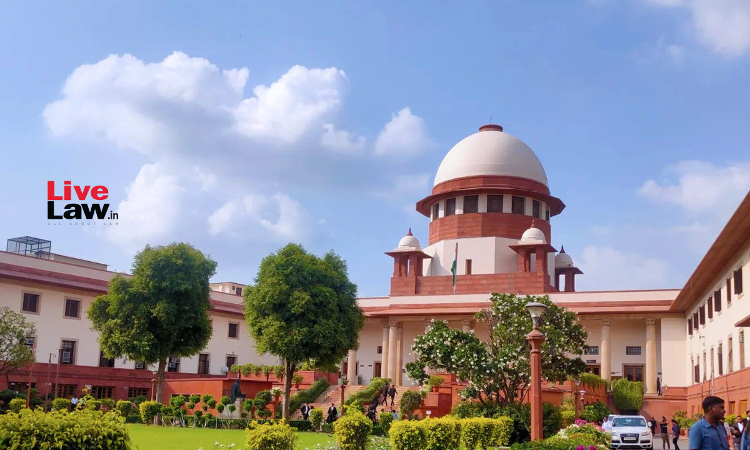The Supreme Court, on Friday, issued notice in a plea filed by National Commission for Women for enforcement of fundamental rights of minor Muslim women seeking uniform application of penal laws to Muslim women, who contract marriage before attaining the age of majority, irrespective of what is professed in personal laws."Issue notice returnable in 4 weeks."The matter was listed before a...

